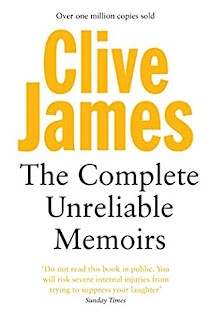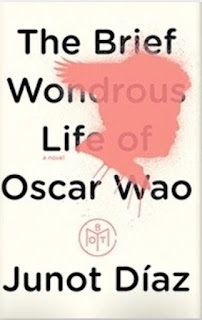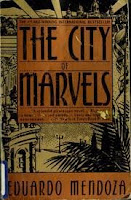Clive James -- Unreliable Memoirs

Clive James has in recent years been serialising his struggles with leukaemia in a series he calls ‘Reports of My Death’, which such headlines as ‘My new wheelchair is a thing of beauty and precision’. This is Clive James to a T: beautiful phrasing, unending humour, and the temerity to put himself at the centre of every phase of his life, and assume that interest will follow. It does, because his sentences are that good. The Preface of Unreliable Memoirs , for example, opens with this beautifully balanced pair: ‘Most first novels are disguised autobiographies. This autobiography is a disguised novel’ (1). The first chapter, ‘The Kid from Kogarah’ introduces the voice of the main character in this novel, the egotistical man writing the memoir: ‘I was born in 1939. The other big event of that year was the outbreak of the Second World War, but for the moment that did not affect me’ (3). What follows in this first book of James’ memoirs (there were three initially, and two more in r






